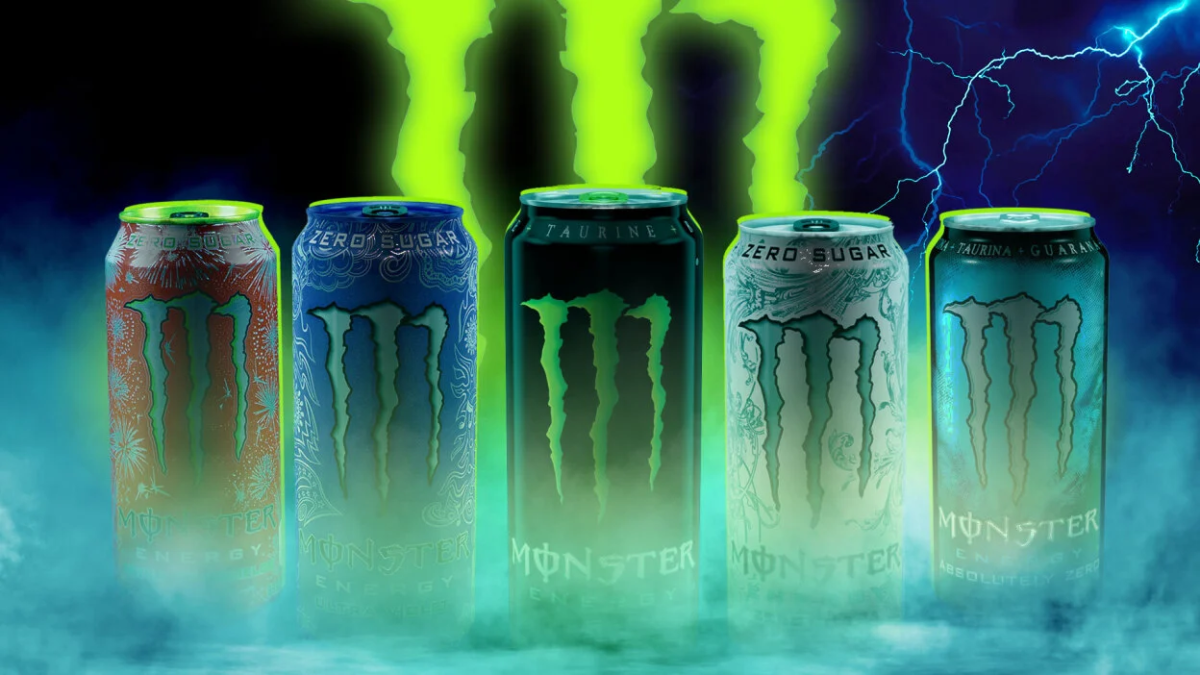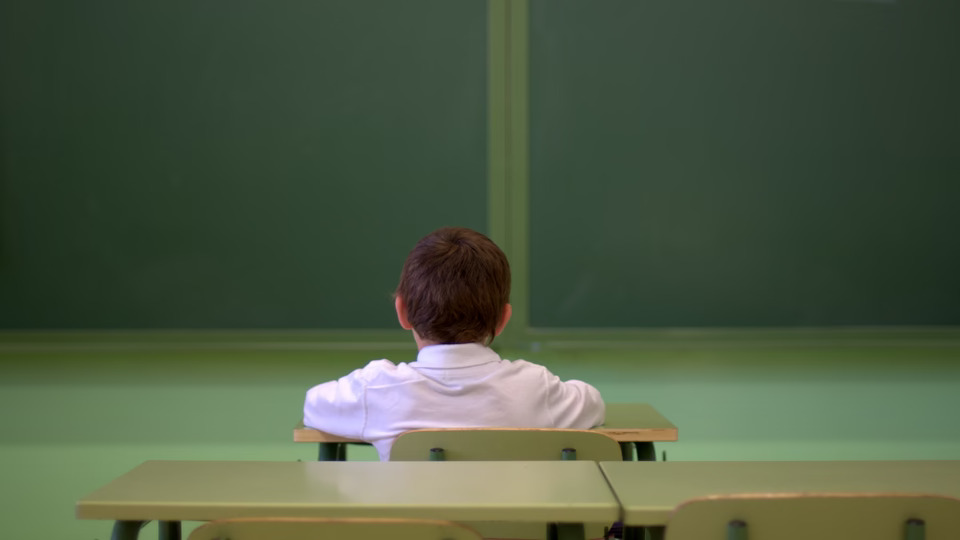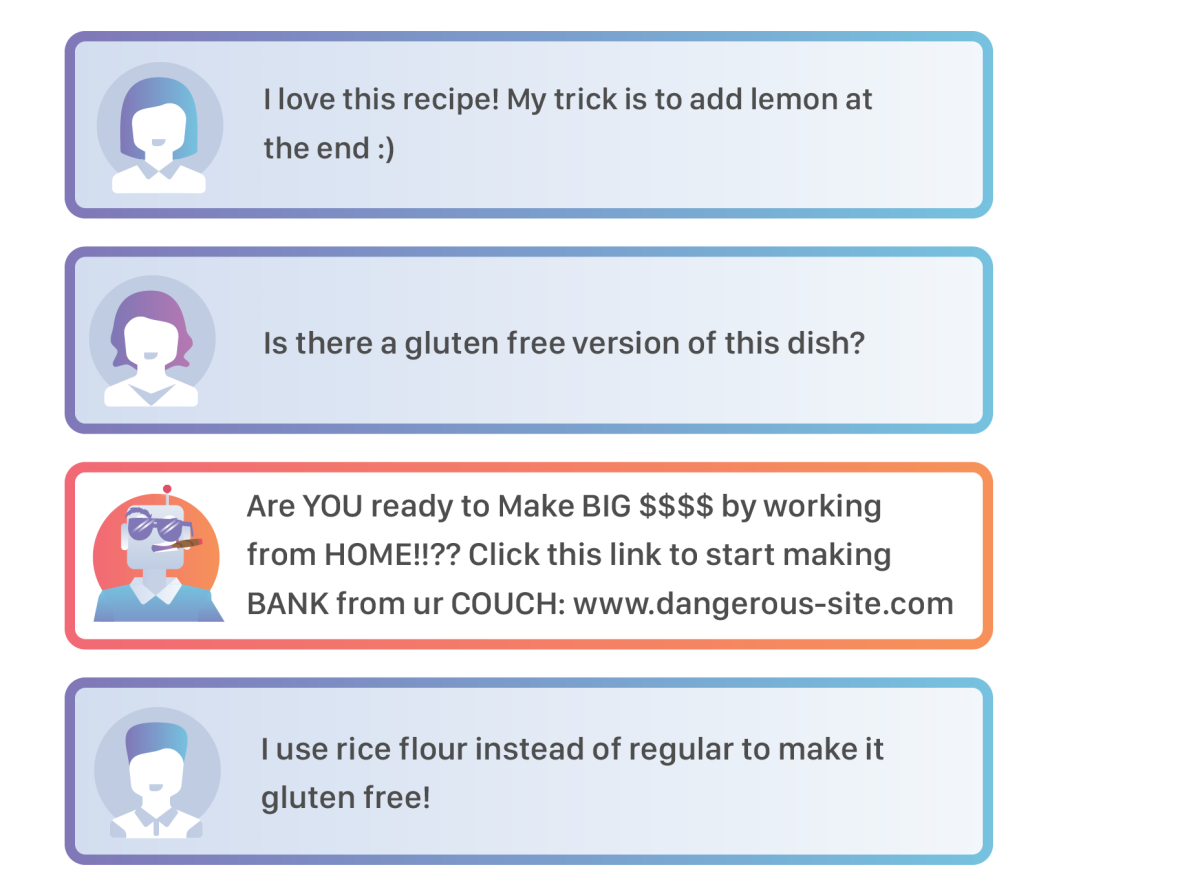Do energy drinks help students at Marriotts Ridge manage their hectic schedules, or do they put them at risk for problems? Many students look to well-known brands like Celsius, Alani and Red Bull for a quick energy boost because of their rigorous coursework, after-school activities and late-night student sessions. Although these beverages claim to improve focus and endurance, worries about their possible drawbacks, such as caffeine crashes, anxiety and long-term health effects, are worrisome for many. Parents, teachers and health professionals wonder if energy drinks are beneficial or a hidden danger to students’ health.
“I have an energy drink almost every day since I never get enough sleep, and it helps me stay awake for the whole day at school,” junior Hannah Lee shares.
Sleep deprivation plays a big role in school performance, as teenagers need at least 9 ¾ hours of sleep. Many students do not meet that need, resulting in some students at Marriotts Ridge relying on their energy drinks to push through a school day. The caffeine keeps them awake, but being awake causes students to go through a cycle as the caffeine causes students to stay up later throughout the day. Ultimately, it has them sleeping at a later time, causing students to deprive themselves of rest and the ability to wake up in the morning.
“Whenever I drink coffee or some kind of energy drink, I have a really hard time sleeping at night, and I just don’t get enough sleep,” junior Abel Abraham says.
This experience is very common for students who rely on caffeine intake. This lack of rest not only affects students’ energy levels but also makes it harder to focus during school. Over time, the constant disruption of students’ sleep cycles has an effect, lowering their overall productivity and mental clarity. Abraham’s situation highlights the struggle many students face. While caffeine can help them push through the day, it ultimately becomes an obstacle to the rest and recovery needed for both physical and academic well-being.
“Once in a while, when I’m feeling extra tired, I take a Celsius to school. Sometimes after finishing the drink, my chest starts to hurt,” junior Shawn Kim states.
Although caffeinated drinks can help students get through the school day, they can have many health drawbacks. Caffeine can lead to various disorders and diseases, such as anxiety, digestive and cardiovascular issues. With the intake of a drug such as caffeine, the school environment can be weakened as students may have a hard time focusing, lowering their academic performance.
Although caffeine can help students stay awake and alert during school hours, the underlying issues result in a net loss. Sleep deprivation and health issues accumulate when building a reliance on caffeinated drinks. To break this cycle, students need to manage their energy levels and sleep schedules to have an adequate academic environment and better mental and physical health.
Categories:
Are Energy Drinks Harmful or Helpful?
More to Discover
About the Contributor

Mahira Rahman, Staff Writer
My name is Mahira Rahman, and I am a junior. This is my second year of journalism, and I am excited to continue writing articles and learning new things. Some things I enjoy are hanging out with my friends, traveling, and playing on the MRHS Girl’s Soccer team.








